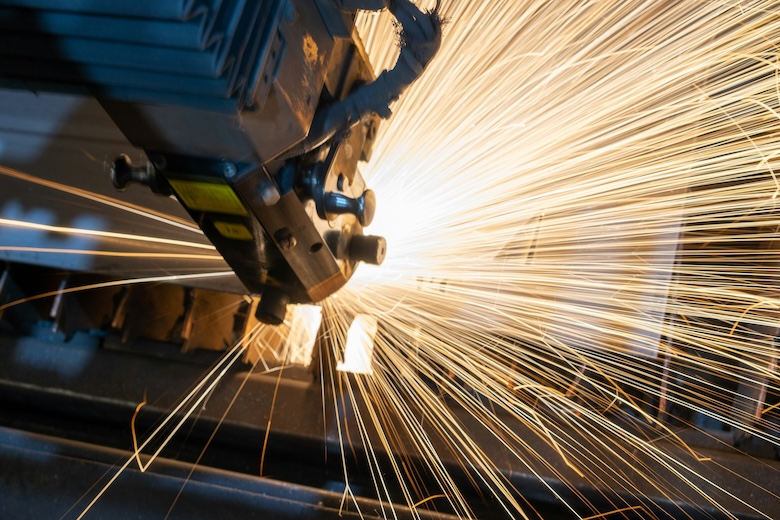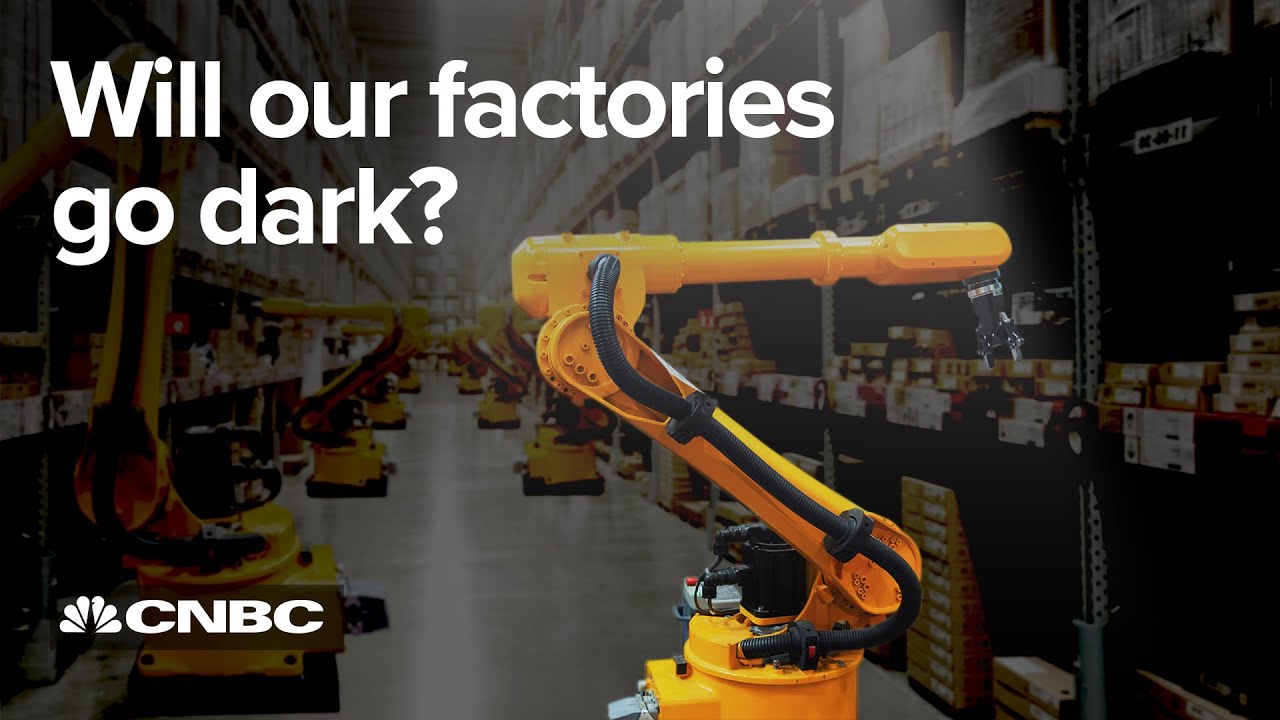
The application of artificial intelligence (AI) in the manufacturing sector involves leveraging machine learning (ML) and deep learning neural networks to enhance various operations. This technology is utilized to bolster data analysis, decision-making processes, predictive maintenance, and more. AI plays a pivotal role in ‘Industry 4.0,’ characterized by increased automation and the generation and transmission of vast amounts of data within manufacturing environments.
AI’s use in manufacturing aims at process optimization, downtime reduction, safety improvement, and supply chain efficiency enhancement. The industry anticipates a substantial impact from AI, with its market value projected to surge from $1.1 billion in 2020 to an impressive $16.7 billion by 2026. The technology finds diverse applications such as quality assurance, robotics, process improvement, and inventory management. For example, AI systems can identify errors, prevent inventory management bottlenecks, and expedite product development.
The integration of AI into manufacturing is progressively evolving despite challenges like the absence of universal industrial data or the demand for specialized AI expertise. Nevertheless, progress in generative AI and data-centric AI is making this technology more accessible and apt for addressing operational issues in manufacturing. These advancements make AI more approachable for plant workers and manufacturing engineers who are familiar with daily production needs and process hurdles but may not be fluent in AI terminology.
AI Applications in Manufacturing Industry
The manufacturing sector is witnessing a transformative shift with the integration of Artificial Intelligence (AI). The technology offers a plethora of applications that significantly boost productivity, streamline efficiency, and elevate quality control. Here are some noteworthy examples of AI deployment in manufacturing:
-
Cobots: These are collaborative robots that work hand-in-hand with humans to execute tasks such as assembly, packaging, and quality control. Cobots are not only cost-effective but also safe to use without requiring protective cages.
-
Predictive Maintenance: This application involves AI’s ability to analyze sensor data for predicting potential machinery breakdowns. It allows for timely maintenance and minimizes downtime.
-
Additive Manufacturing: In 3D printing processes, AI plays a crucial role in optimizing material dispensing, design, and error correction which enhances product complexity and overall quality.
-
Generative Design: Generative design powered by AI contributes to innovative product designs by optimizing various parameters like materials used, size, and cost.
-
Monitoring Machine-Generated Events: AI’s capability to interpret telemetry data helps optimize operations, minimize downtime, and suggest solutions for maintenance problems.
-
Automating Customer Service: Post-sales service interactions can be automated using AI which improves response times and enriches customer experience.
-
Document Search and Synthesis: Complex manuals and documents can be simplified using AI which aids technicians and sales teams in retrieving information more efficiently.
These examples illustrate how AI is reshaping manufacturing procedures by enhancing operational efficiency, improving quality control measures, and fostering innovation in product design.
For an in-depth understanding of these applications and their influence on the manufacturing industry, you may refer to the provided sources.
Reports
AI: The next frontier of performance in industrial processing plants - McKinsey, September 19, 2023 by Filipe Barbosa, Kane Blay, Mike Doheny, et al.


